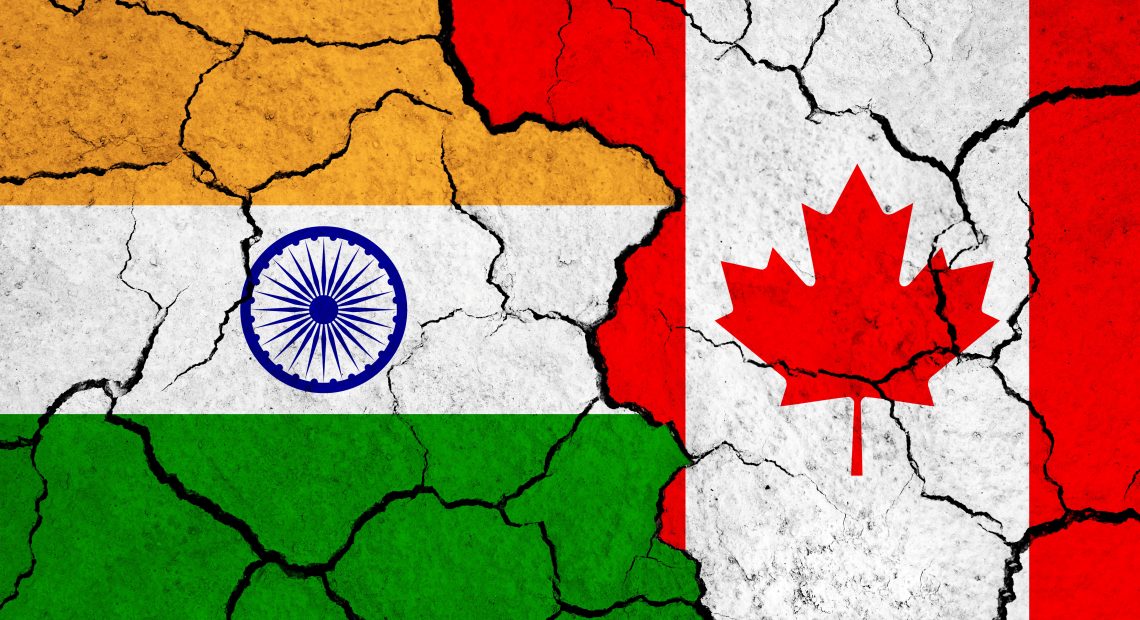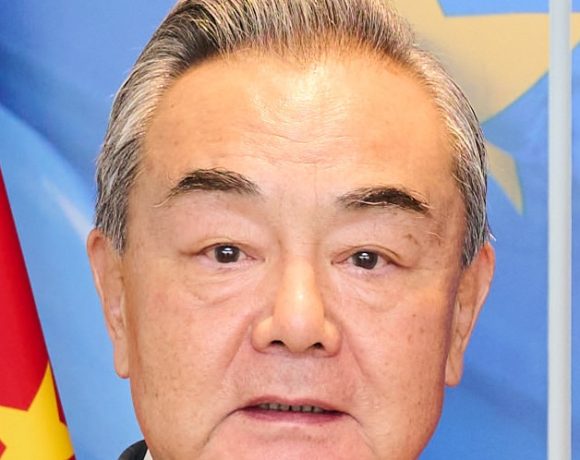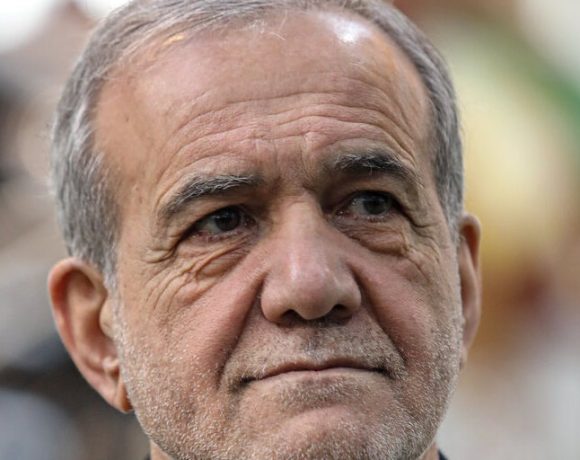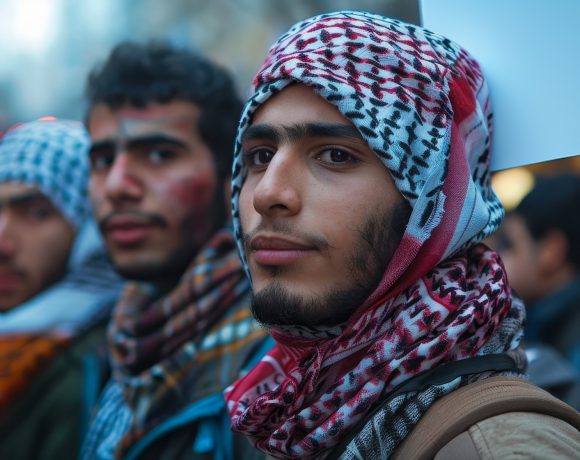
Canada Silent as World Condemns Pahalgam Terror Attack
The recent terrorist attack in Pahalgam, Jammu and Kashmir, which left 28 civilians dead, has drawn sharp condemnation from across the globe. Leaders from several nations have publicly denounced the act, expressing solidarity with India in its time of grief.
Former UK Prime Minister Rishi Sunak stated, “The barbaric attack in Pahalgam has stolen the lives of newlyweds, children, and families simply seeking joy. Our hearts break for them. To those mourning – know that the UK stands with you in sorrow and solidarity. Terror will never win. We grieve with India.”
Even Afghanistan’s Taliban government, in an unusual move, issued a strong statement against the violence. “The Ministry of Foreign Affairs of the Islamic Emirate of Afghanistan categorically condemns the recent attack on tourists in the Pahalgam region, and expresses condolences to the bereaved families,” said its spokesperson.
In stark contrast to the widespread condemnation, Canada remains the only G7 nation that has not officially commented on the incident. However, the opposition leader Pierre Poilievre did speak out, saying, “I condemn in the strongest terms the horrific terrorist attack in Jammu and Kashmir that took the lives of innocent civilians, including tourists and families. Our hearts are with the victims, their loved ones, and all those affected. Canada stands united against terror in all its forms.”
Lashkar-Linked Terror Network Uncovered
The attack has been claimed by The Resistance Front (TRF), a proxy of the Pakistan-based Lashkar-e-Taiba. Indian intelligence agencies have identified three suspected Pakistani terrorists involved—Asif Fauji, Suleman Shah, and Abu Talha—based on eyewitness accounts. Their sketches have been released to aid the manhunt.
Further digging by Indian investigators has uncovered a disturbing link: a ₹21,000 crore drug haul in Gujarat has been connected to the funding of this attack. The National Investigation Agency (NIA) suspects a deeper network operating across borders, funnelling resources into terrorism through illicit drug trade routes.
Indian States React with Security Measures
In response to the massacre, Indian states have begun tightening security and supporting affected families. Karnataka has identified around 170 of its residents in Jammu and Kashmir and confirmed that two of the victims hailed from the state. The Chief Minister announced financial compensation and condemned the intelligence failure, calling the incident a “preplanned conspiracy.”
Himachal Pradesh, anticipating threats in the wake of the incident, has ramped up surveillance in tourist-heavy and border districts. Police patrols have increased, and identity checks are being intensified to prevent any spillover of violence into the region.
As India grapples with the aftermath, the absence of a formal Canadian statement continues to raise eyebrows in diplomatic circles. While much of the world has united in grief and condemnation, Canada’s silence has become a conspicuous void in the global chorus against terrorism.


















